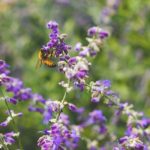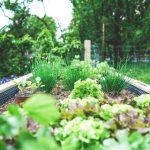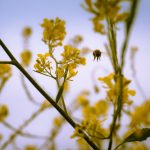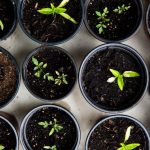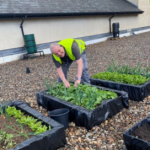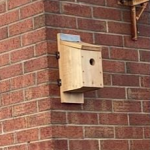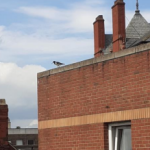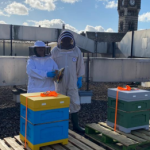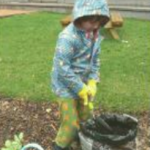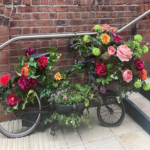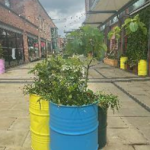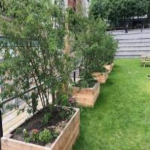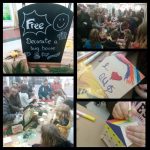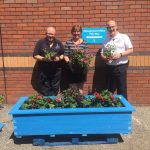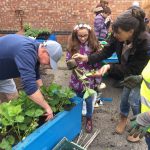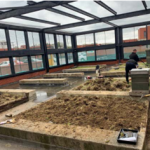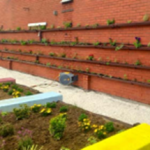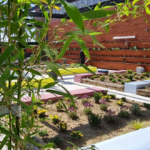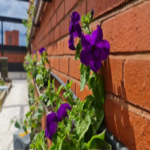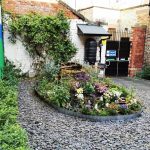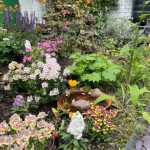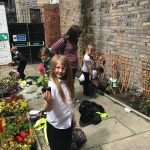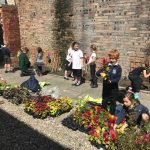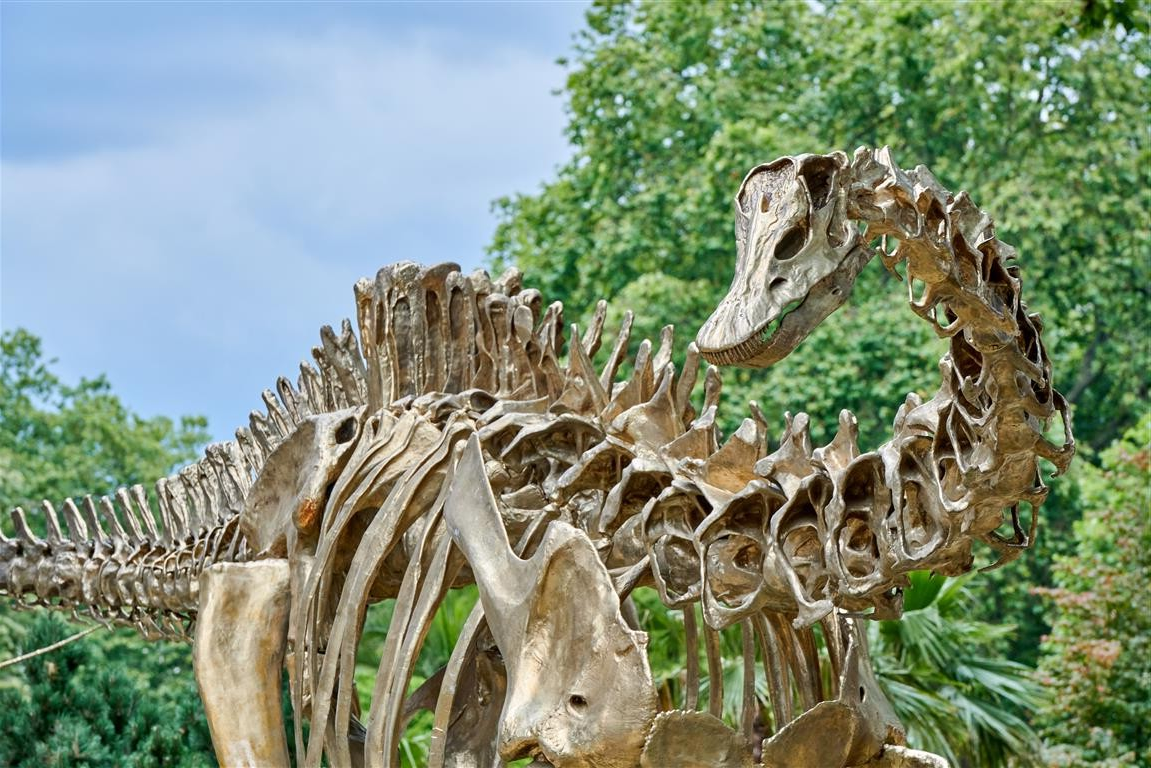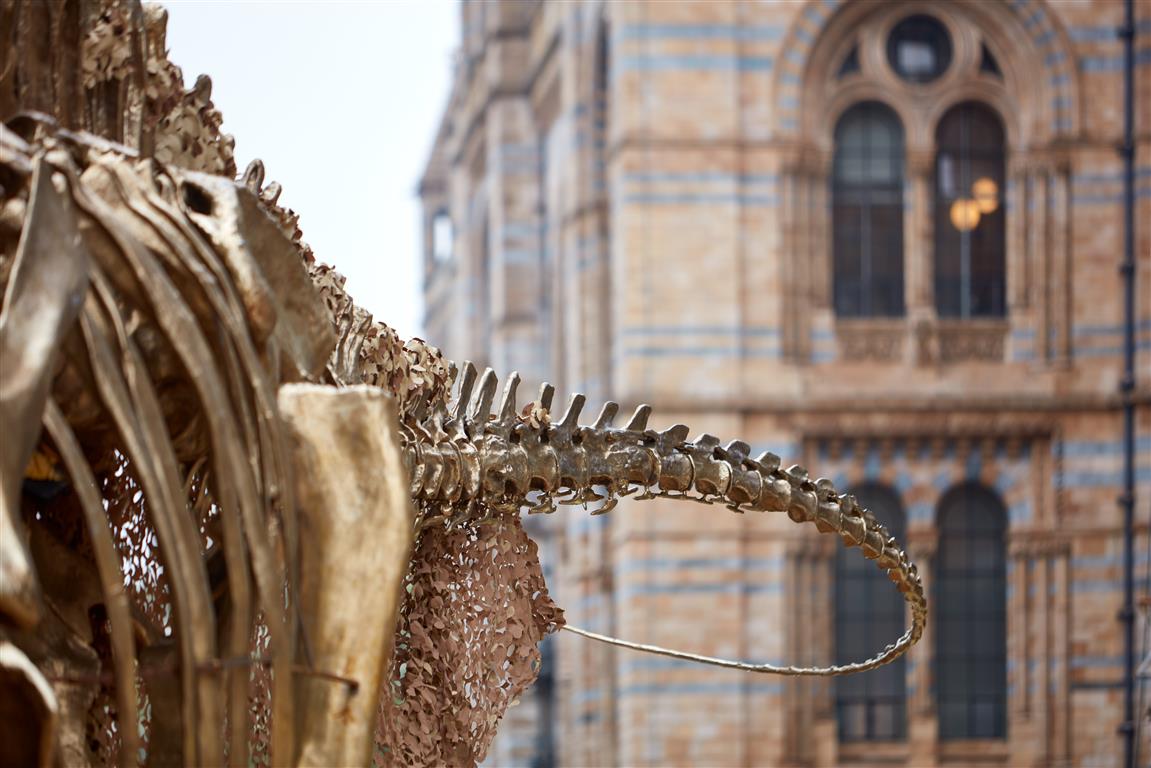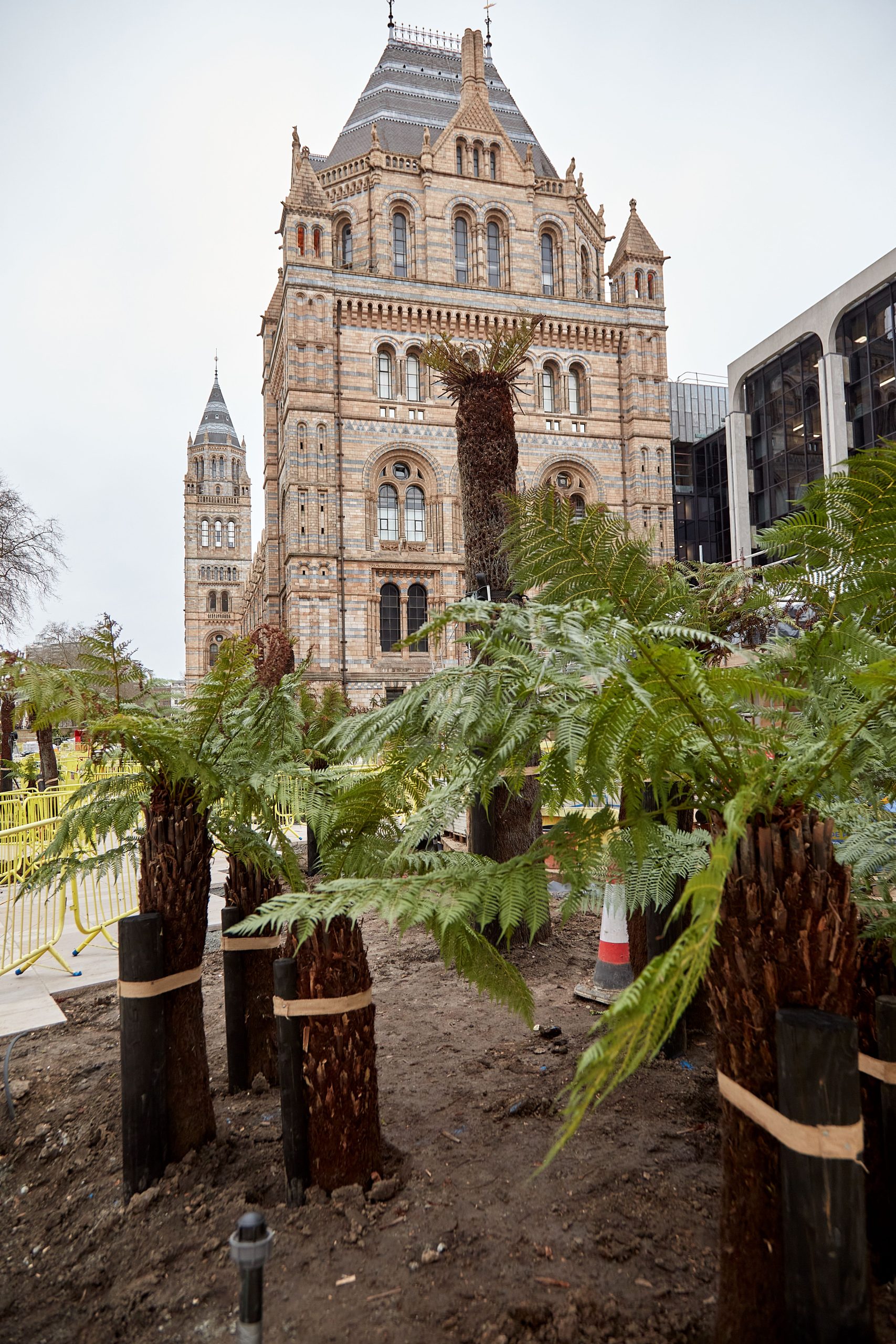As part of our #BuildingBiodiversity campaign, Workman has run its second Biodiversity Challenge for all involved in managing property within the Workman portfolio – Regional Facilities Managers, Property Managers, Building Managers, Centre Managers and their teams – to increase biodiversity, using ideas from the Workman Building Biodiversity Toolkit.
The winner of this second stage of the competition will be the property that has demonstrated the best new urban nature initiative delivering the greatest biodiversity, while providing significant social impact.
The final winner will see their name engraved onto the railings within the Natural History Museum’s gardens, as part of its Urban Nature Project.
Regardless of the property type and location, indoor or outside, Workman property managers were invited to instigate a range of initiatives, from low/no cost to those requiring significant capital.
After a wide range of entries from our onsite property teams, we are pleased to reveal the shortlist for stage two of our Building Biodiversity Competition…
Here’s our shortlist of five projects, in alphabetical order:
Cornmill Shopping Centre in Darlington is shortlisted for the introduction of bees, bird boxes and rooftop allotments, which have not only added to the centre’s biodiversity, but also created community links and benefits for the team in respect of mental health and wellbeing.
Firstly, the onsite team at the NewRiver REIT plc-owned centre contacted the local bee-keeping association, who visited the site and identified a rooftop area that was perfect for beehives. The team used pallets from the service yards to build a stable base for the two hives, each housing 10,000 bees. Sweet peas, sunflowers and other wildflowers were planted on the roof to provide pollen for the bees.
Secondly, students from Darlington College were provided with more discarded service yard pallets to build nesting bird boxes on the roof – the construction of 12 boxes has resulted in the arrival of a pair of oystercatchers, which have welcomed a pair of chicks. A notable increase in songbirds such as pied wagtails, robins, and yellow wagtails around the roof area has been reported.
Finally, a rooftop allotment was created to provide a source of fresh produce including cabbage, lettuce, spring onions, leeks, onions, radish, tomatoes, cucumbers, and swedes for donation to the local foodbank. Occupiers donated unused items to build the allotment, which has been tended by Maintenance Assistant Peter Jakeway (pictured) who has recently returned to work after recovering from surgery. Feedback has shown that visitors and workers in the garden believe it has improved their sense of wellbeing.
Great Northern Warehouse in Manchester is shortlisted for its provision of urban green space for local residents, and businesses, to enable people to experience nature in a concrete environment. Despite upcoming redevelopment of the site due in two years, the onsite team put a proposal to the landlord to invest in this area to provide a greener, more natural environment for residents and visitors to enjoy, to encourage wildlife and insects back to the site, and to create a bio-diverse environment with a mix of plants across different areas of the site.
To begin, disused water features in the stark but well-used Great Northern Square were repurposed as flower beds and growing spaces, with local youth groups and families involved in helping plant and maintain the spaces. A sandpit and playhouse, along with planters containing fruit trees, insect-friendly perennials, and herbs with a range of grasses and bedding plants were added. The goal was to provide much-needed free play space for families in the urban core.
Next, Deansgate Mews benefited from the installation of 40+ oil drum planters, with wall planters added to the length of the street, with seating and climbing plants such as jasmines and honeysuckles along with hydrangeas, witch hazels and pyracanthas, roses: more than 100 different types of flowers to provide shelter and forage for insects and birds, such as blue tits and blackbirds. When aphids arrived in spring, they were purposely not sprayed as they attract insects and birds, most famously ladybirds.
As part of the project, a total of 65 trees have been added to the site, including 10 standard fruit trees, nine street trees, two bay trees and three semi-mature holly bushes. Nine mature trees were planted at the front of the Square during June 2022, and the site gardening role is being extended to maintain the new green space. In October, a mini wildflower meadow will be planted in the Amphitheatre.
Hildred’s Shopping Centre in Skegness is shortlisted for its transformation of a dreary car park into a biodiverse haven for staff, customers, and local community groups.
The onsite team earmarked a rest area in the sunniest area of the centre to take advantage of the south-facing aspect of the car park, which had previously been filled with thorn bushes. Two benches and three large planters were created for the space by centre staff, using recycled shop fittings. The upcycled flower tubs and seating were designed and filled with compost made from food waste donated by the café on site, and local schools and groups joined in a planting day.
Several care homes brought elderly residents who had enjoyed gardening but were no longer able to. Children learned from the experienced adult, and the adult enjoyed watching the children plant with enthusiasm. Two troughs were also created – one for flowers and one for fruit and vegetables which could be harvested by the community. The New River REIT plc-owned centre has now established a gardening club, with several customers visiting through the week to tend to the plants.
Meanwhile, shoppers were invited to make “wildflower bombs” from a ball of clay and wildflower seeds, and once dried, they were asked to throw it onto grassed verges or shrubbed areas of the car park on their next visit. To attract wildlife, school children were invited into the centre to paint designs on bee and bug houses and donated their completed works of art to help attract a diverse range of insects and bees.
In addition, the onsite team worked alongside County Care, a charity teaching independent living skills to young adults with learning difficulties. The young adults collected empty plastic milk bottles and turned them into colourful character heads, before filling with compost and plants to resemble hair. The result was around 40 wall-mounted bright heads sprouting wildflower hair.
Pentagon Shopping Centre in Chatham Medway is shortlisted for its creation of a colourful garden in memory of much-loved co-worker Maureen Allen. The garden has proved to be an area for all employees to relax and also to participate in gardening upkeep. The garden has positively impacted the mental wellbeing of many Pentagon staff, following a challenging period in the retail sector. Visitors will also be encouraged to get involved in looking after the garden at Pentagon, which is owned by Medway Council and managed by Ellandi.
To kick off the project, the onsite team raised £1,600 for the memory-garden from the community, which was matched by the centre. With funds in place, the team set about clearing an area of car park that had become neglected, before designing and planning the garden. Formerly used to hold water tanks, the area was contained and ideal for a garden project.
Next, the team faced several challenges. With fixed concrete feet still in place for the water tanks, the team had to work around them, so decided to use them as flower beds, also using gravel to soften the concrete floor. Although largely open, an imposing aspect of the area was a large blank brick wall, so taking inspiration from green wall projects, and working within its budget, the team installed guttering at regular intervals up the wall to be planted with fruit and flowers.
The area included a long-deserted beehive, which had formerly been managed by a local beekeeper. The onsite team were keen to welcome bees back to the space, so chose planting with bees in mind. Shortly after the new planting was complete, the onsite team discovered that the bees had returned.
St John’s Shopping Centre in Perth is shortlisted for its transformation of a lifeless storage area into a community greenspace, through a joint venture between Goodlyburn Primary School, Scotland’s Rural College and Zero Waste Perth, with the aim of creating further space for biodiversity to thrive in the city centre.
The project began with supplies donated by local contractors and occupiers, including Allander Security and Cleaning, which donated soil to the value of £400, Poundland which donated compost to the value of £30 and Starbucks coffee grounds as fertilizer. All plants and shrubs were donated by the Horticulture Department at Scotland’s Rural College, which also supplied two students to prepare the ground for planting.
Meanwhile, Zero Waste Perth delivered a classroom exercise to children at Goodlyburn Primary School, outlining the importance of recycling, upcycling, and the reuse of plastics, with the children then making decorations for the garden space from used plastic bottles. The children were taught about the importance of biodiversity in the City Centre, and helped choose their favourite plants for the garden. When the children arrived to get their hands dirty with the planting, they were assisted by their teachers and the horticulture students, thus giving the students experience while providing an educational aspect for the children.
In addition, the onsite team used waste materials from a local building site to create a bug hotel. A water butt, donated by centre staff, was installed to collect rainwater runoff, before the team added a water pump with a built-in timer and rain detector to create a mini irrigation system. To maximise the availability of space for bugs, a small area was created under the raised foundation supporting the water butt to include a bee hotel, ideal for solitary bees.
The landlord, Universities Superannuation Scheme, was pleased with the project and its outcome, as sustainability is also a prominent driver in its investment management strategies. All parties involved in the project benefited from press coverage as the project was picked up by local media outlets and by Perth & Kinross Council.
Stay tuned for the announcement of the stage two winner.
Read more about our ESG services
Read more about our Building Biodiversity here > https://bit.ly/2SY8JrN
